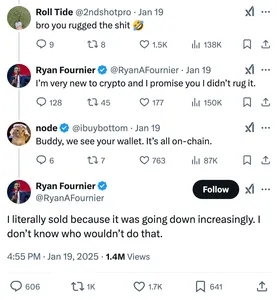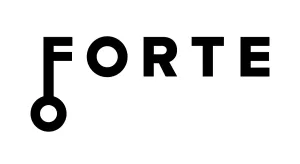Kim admitted in an interview with CoinDesk at the time that "I really fucked up. I lost this money. It was grossly negligent. But I didn't intend to go run away with this money." He claimed that it all began when he lost $80,000 to a phishing website. "This triggered my old demons, the need to 'make it back' to preserve my reputation. ... [I] started down a negative spiral of leverage trading, raising more capital, and hiding the truth. ... By the seed round's close, I was ready to rebuild, to start fresh, putting past demons aside. But the moment I received the proceeds, something snapped. I felt compelled to make up for my missteps. Within days, millions were in leveraged longs. When bitcoin crashed, I experienced a complete wipeout."
What remains of the Zero Edge company has petitioned for voluntary liquidation in the Cayman Islands, where it was registered. Company liquidators tell a slightly different story from Kim: that Kim misappropriated most of the company's assets and then "disappeared".













![[person 1]
yeah the two meme tokens that everyone was excited about seem to be blacklisted now
[person 2]
0xea4E0CfF21Ea0a1650B658AAf5142720195245bB Is this what the team members do?
[person 3]
aibo now forbidden on explorer...
[person 4]
I just wanted a cute robot dog koin?
[person 5]
Why are you honeypotting coins lol
[person 1]
this is very bad vibes
[person 2]
A disastrous beginning
[person 1]
obviously not end-of-the-world but people bridged to Soneium to ape new memecoins and seeing themselves get locked out and rugged in real time](https://primary-cdn.web3isgoinggreat.com/entryImages/resized/sony-rug_300.webp)



























